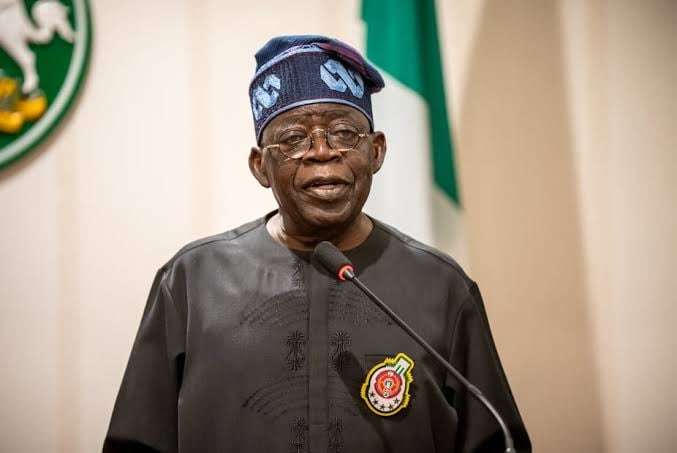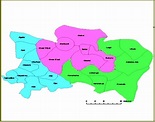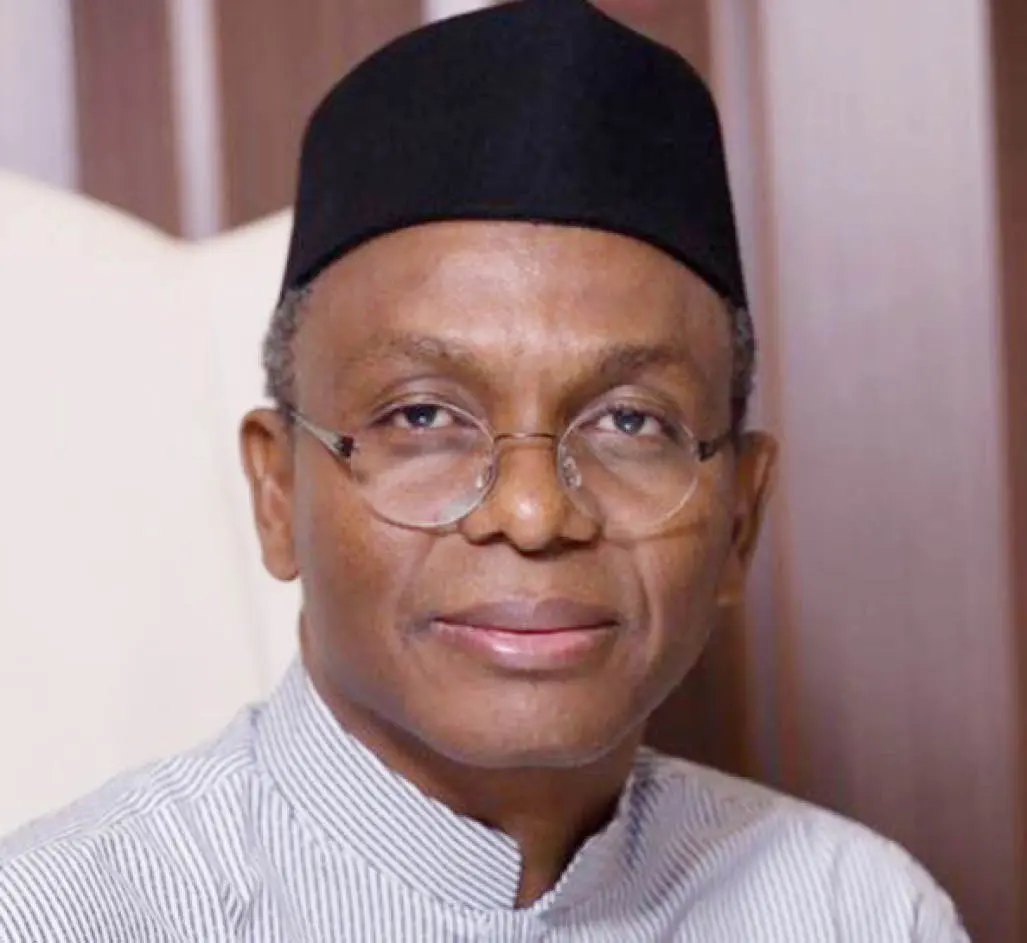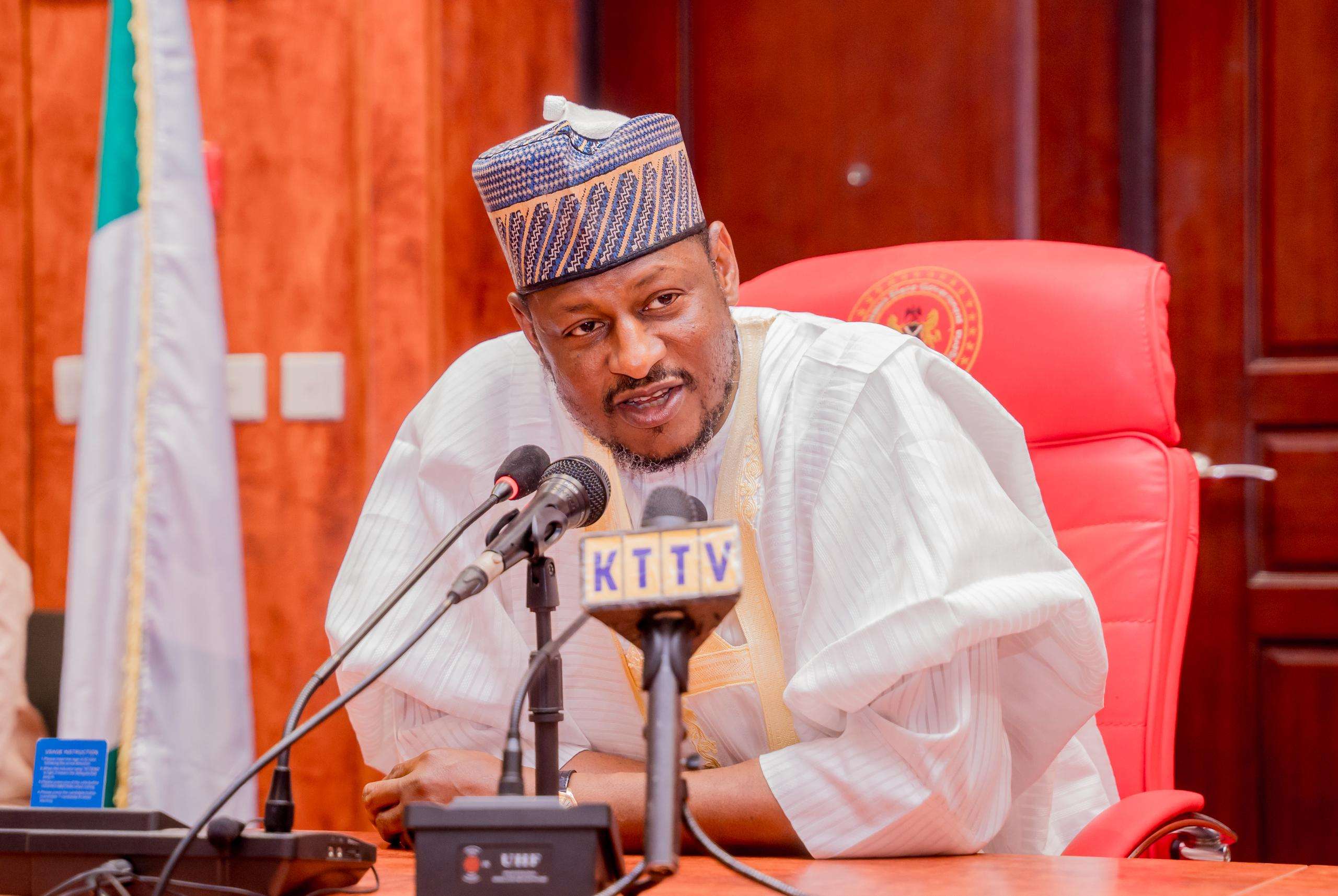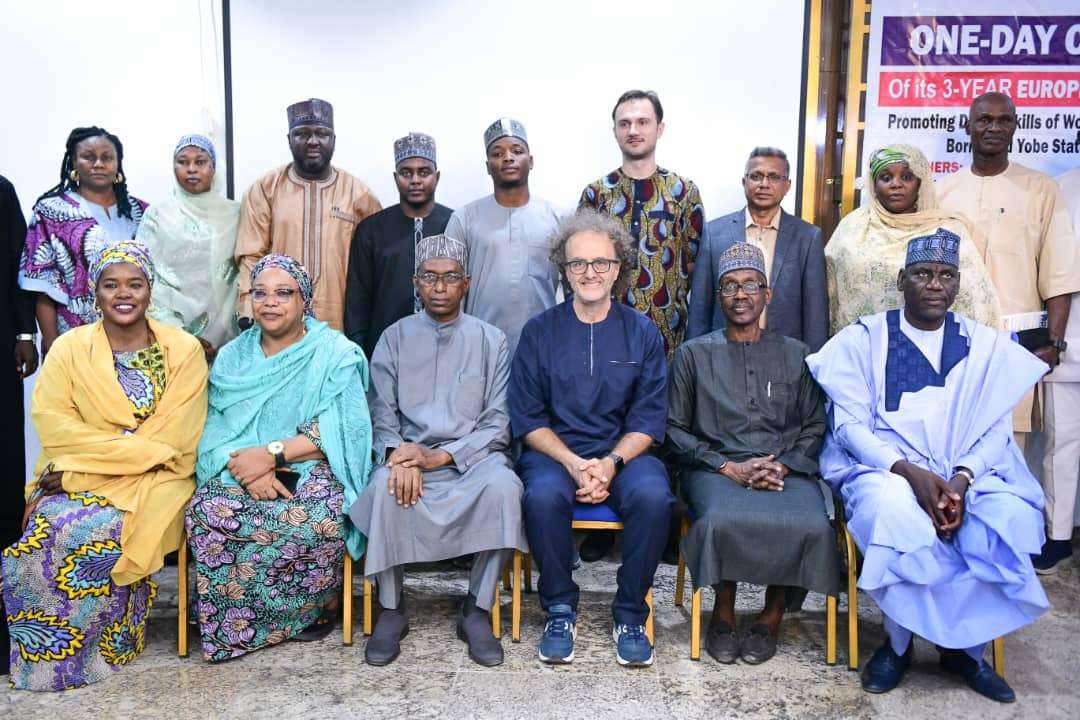By Emman Usman Shehu
It’s 6:15 AM on this late April morning in Abuja, and as I begin my post-devotion chores, I know the sun should be rising over the horizon in a warm, golden glow. The sky should transition from deep indigo to soft pinks and oranges, casting a gentle light over the city’s mix of modern buildings and natural landscapes, like Aso Rock. Scrolling through my Android device for updates, a TikTok video of the popular Abuja cleric, Nura Khalid (aka Digital Imam) catches my attention. He is extolling his Muslim congregants on the virtue of the recently deceased Pope Francis as a global icon of peace.
I am a Christian, initially Anglican raised, but journeying to the Pentecostal fervor of West Africa, where faith is as tangible as the red earth beneath our feet, and now maturing into focusing more on the teachings of Jesus Christ as the prism of the faith. Though not Catholic, I have watched with curiosity and admiration the global influence of the Catholic Church, an institution that, for better or worse, shapes the moral and spiritual contours of over 1.4 billion people. The death of Pope Francis on Easter Monday, April 2025, at the age of 88, has thrust the Vatican into a moment of transition, and with it, a question that resonates deeply in my heart and across the African continent: Could the next pope be Black? For a church that claims universality, the prospect of an African pontiff is both a symbol of hope and a litmus test of its commitment to the Global South, where Catholicism is growing fastest.
A Historical Precedent: The African Popes
The Catholic Church’s history with African leadership is not as barren as some might assume. Three popes, all hailing from North Africa in the early centuries of Christianity, are often cited as potentially Black or of African descent: Pope Victor I (reigned 189–199), Pope Miltiades (311–314), and Pope Gelasius I (492–496). These men, born in a time when the Roman Empire stretched across the Mediterranean, were products of a world where Africa was a vital center of Christian thought.
Pope Victor I, likely born in what is now Tunisia, was a bold reformer. He asserted papal authority by standardizing the date of Easter, decreeing it must be celebrated on a Sunday, and threatened excommunication for those who defied him. His decisiveness ended centuries of confusion, cementing his legacy as a unifier. Pope Miltiades, also called Melchiades, was another African, possibly from modern-day Algeria. His pontificate coincided with the Edict of Milan in 313, which granted tolerance to Christians under Emperor Constantine. Miltiades was a steady hand, guiding the church through the end of persecution and even receiving the Lateran Palace as a gift from Constantine, a foundational moment for the Vatican’s temporal power. Pope Gelasius I, born in Rome to African parents, was a prolific writer and a champion of the poor, mandating that bishops allocate a quarter of their revenue to charity. His theological writings, particularly on the separation of church and state, remain influential.
How were these men chosen? In the early church, papal selection was less formalized than today’s secretive conclave. Bishops and clergy, often with input from the laity, elected popes based on their reputation, theological acumen, and leadership. Victor, Miltiades, and Gelasius rose through the ranks in a church that was still a minority faith, often under persecution. Their African origins were not a barrier in a Mediterranean world where cultural and ethnic boundaries were fluid. Their performance was marked by resilience and innovation, laying the groundwork for the church’s global expansion. Yet, their reigns were brief—life expectancy was short, and the church faced constant threats. Since Gelasius I’s death in 496, no African has worn the papal tiara, a 1,500-year gap that looms large.
The Near Misses: Africans in the Papal Conversation
In the modern era, several African cardinals have been considered papabile—Italian for “pope-able”—but none have crossed the finish line. The most prominent was Cardinal Francis Arinze of Nigeria, a towering figure in the late 20th and early 21st centuries. Arinze, now 92 and ineligible to vote in a conclave, was a serious contender during the 2005 conclave that elected Pope Benedict XVI. Known for his charm, intellectual rigor, and conservative theology, Arinze served as prefect of the Congregation for Divine Worship and was a close ally of Pope John Paul II. His name surfaced again in 2013, but at 80, he was too old to be a viable candidate when Pope Francis was chosen.
Another Nigerian, Cardinal Peter Okpaleke, was elevated by Pope Francis in 2022 but has not garnered the same attention as Arinze. Cardinal Bernardin Gantin of Benin, who died in 2008, was also a respected figure, serving as dean of the College of Cardinals under John Paul II. Gantin’s influence was significant, but he never emerged as a frontrunner. More recently, Ghana’s Cardinal Peter Kodwo Appiah Turkson and Guinea’s Cardinal Robert Sarah have been in the spotlight. Turkson, 76, was a bookmakers’ favorite in 2013, while Sarah, 79, has been a darling of conservative Catholics for his outspoken defense of traditional doctrine.
Why have these men come close but never won? The conclave, a gathering of cardinals under 80 who vote in the Sistine Chapel, is a complex dance of ideology, geography, and personality. A two-thirds majority is required, and cardinals often prioritize continuity, diplomacy, or a candidate’s ability to navigate the Vatican’s bureaucratic maze. African cardinals, despite their growing numbers, face challenges: limited representation in the College of Cardinals (only 12–15 of the 135 electors are from sub-Saharan Africa), theological conservatism that may clash with the church’s progressive wing, and, as some African priests quietly admit, lingering biases rooted in race or cultural unfamiliarity.
The Case for a Black Pope in 2025
The possibility of a Black pope succeeding Francis is not mere speculation—it’s a reflection of the church’s shifting demographics. Africa is the epicenter of Catholic growth, with 281 million Catholics in 2023, making up 20% of the global congregation. By 2050, sub-Saharan Africa is projected to be home to a third of all Catholics. Pope Francis, the first non-European pope since the 8th century, recognized this shift, appointing 108 of the 135 cardinal-electors and increasing African representation from 8% in 2013 to 12% by 2023. His emphasis on the “poor-first” church aligns with Africa’s concerns: poverty, climate change, and conflict.
Cardinal Peter Turkson, born in Ghana, is a leading contender. At 76, he brings a blend of progressive social justice advocacy and conservative theology. Turkson has been vocal on climate change, economic inequality, and peace, serving as Francis’s envoy to South Sudan. His opposition to harsh anti-LGBTQ laws in Africa, while maintaining traditional church teachings, positions him as a bridge-builder. Cardinal Fridolin Ambongo Besungu, 65, from the Democratic Republic of Congo, is another rising star. His outspoken criticism of the Congolese government and his role in spreading Catholicism in Africa have earned him admirers, though his conservative stance on same-sex blessings may alienate progressive cardinals. Cardinal Robert Sarah, from Guinea, is a long shot at 79, given his age and polarizing views on gender ideology and Islamic fundamentalism.
The arguments for a Black pope are compelling. An African pontiff would signal the church’s commitment to its fastest-growing region, addressing the spiritual and material needs of millions in the Global South. It would also counter perceptions of Eurocentrism in an institution still headquartered in Rome. A Black pope could inspire a new generation of Catholics, particularly in Africa, where the church competes with Pentecostalism and Islam for souls. As Father Stan Chu Ilo, a Nigerian priest, told the BBC, “It will be great to have an African pope,” reflecting a leadership that mirrors the global congregation.
The Odds Against
Yet, the obstacles are formidable. The conclave is a secretive process, and favorites often falter. The Italian adage, “He who enters the conclave as pope, leaves as a cardinal,” underscores the unpredictability. Cardinal Pietro Parolin, the Vatican’s secretary of state, is a moderate Italian with 3:1 odds, favored for his diplomatic experience and proximity to Francis. Cardinal Luis Antonio Tagle of the Philippines, at 67, is a strong contender for the first Asian pope, with 3:1 odds and a progressive outlook. Hungarian Cardinal Peter Erdő, a conservative canon lawyer, is also in the mix at 6:1 odds. These non-African candidates benefit from familiarity, Vatican experience, and broader ideological appeal.
African cardinals face structural hurdles. With only 9–11% of the voting cardinals, their influence is limited. The church’s conservative-progressive divide complicates matters: African cardinals like Turkson and Ambongo are socially progressive but theologically conservative, potentially alienating both factions. Sarah’s hardline conservatism may appeal to traditionalists but risks alienating moderates. Age is another factor—Sarah and Turkson are in their late 70s, while younger candidates like Tagle or Ambongo may be seen as risking a long papacy, which some cardinals avoid to preserve future opportunities.
Then there’s the unspoken issue of race. Father Paulinus Odozor, a Nigerian professor at the University of Notre Dame, told the BBC, “There is still that question of racism in the Church that we never even talk about.” In a church dominated by European and Latin American cardinals, an African pope could be seen as a radical departure, even if unintended biases are at play. The Vatican’s Eurocentric culture, from its art to its bureaucracy, may subtly favor candidates who fit a familiar mold.
A Personal Reflection
As a non-Catholic Christian, I view the Catholic Church with a mix of awe and skepticism. Its rituals, from the white smoke signaling a new pope to the grandeur of St. Peter’s Basilica, are steeped in history, yet they can feel distant from the vibrant, Spirit-filled worship of African churches. Still, I recognize the church’s power to shape global conversations on justice, peace, and faith. An African pope would be a seismic shift, not just for Catholics but for all Christians in Africa. It would affirm that our voices, our struggles, and our faith to some extent matter on the world stage.
I recall my national service year in one of the South Eastern States, where I encountered at close quarters, the fervour and hope of Catholic faithfuls in various communities. An African pope would embody that hope, proving that the highest echelons of global institutions are not reserved for others. Yet, I also know the church is not a democracy—it is a monarchy, guided by tradition and the Holy Spirit, as Catholics believe. The conclave’s outcome is uncertain, and the odds—under 10% for a Black pope, according to some analysts—reflect the weight of history.
The Path Forward
The conclave, expected to begin in early May 2025, will be a crucible for the church’s future. Will the cardinals, 80% of whom were appointed by Francis, honor his vision of a global, inclusive church? Or will they retreat to the comfort of tradition, choosing a European or Latin American pontiff? The white smoke, when it rises, will tell the story.
For now, I hold onto hope, tempered by realism. An African pope would be a triumph, not just for the continent but for a church striving to live up to its universal calling. As I close my Bible, I pray for wisdom for the cardinals and courage for the church. In a world fractured by division, the choice of the next pope could be a step toward healing—or a missed opportunity. The question remains: What hope for a Black pope? Only time, and the Sistine Chapel’s chimney, will tell.
Dr Shehu is the Director, International Institute of Journalism, Abuja

